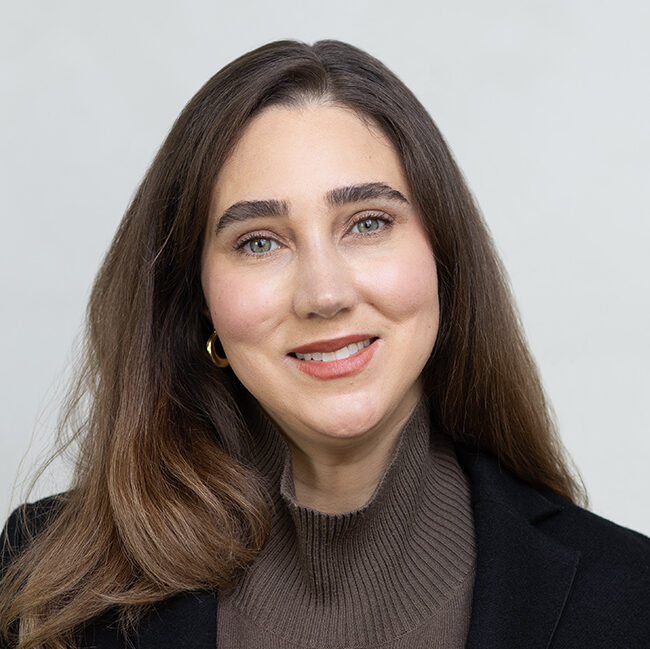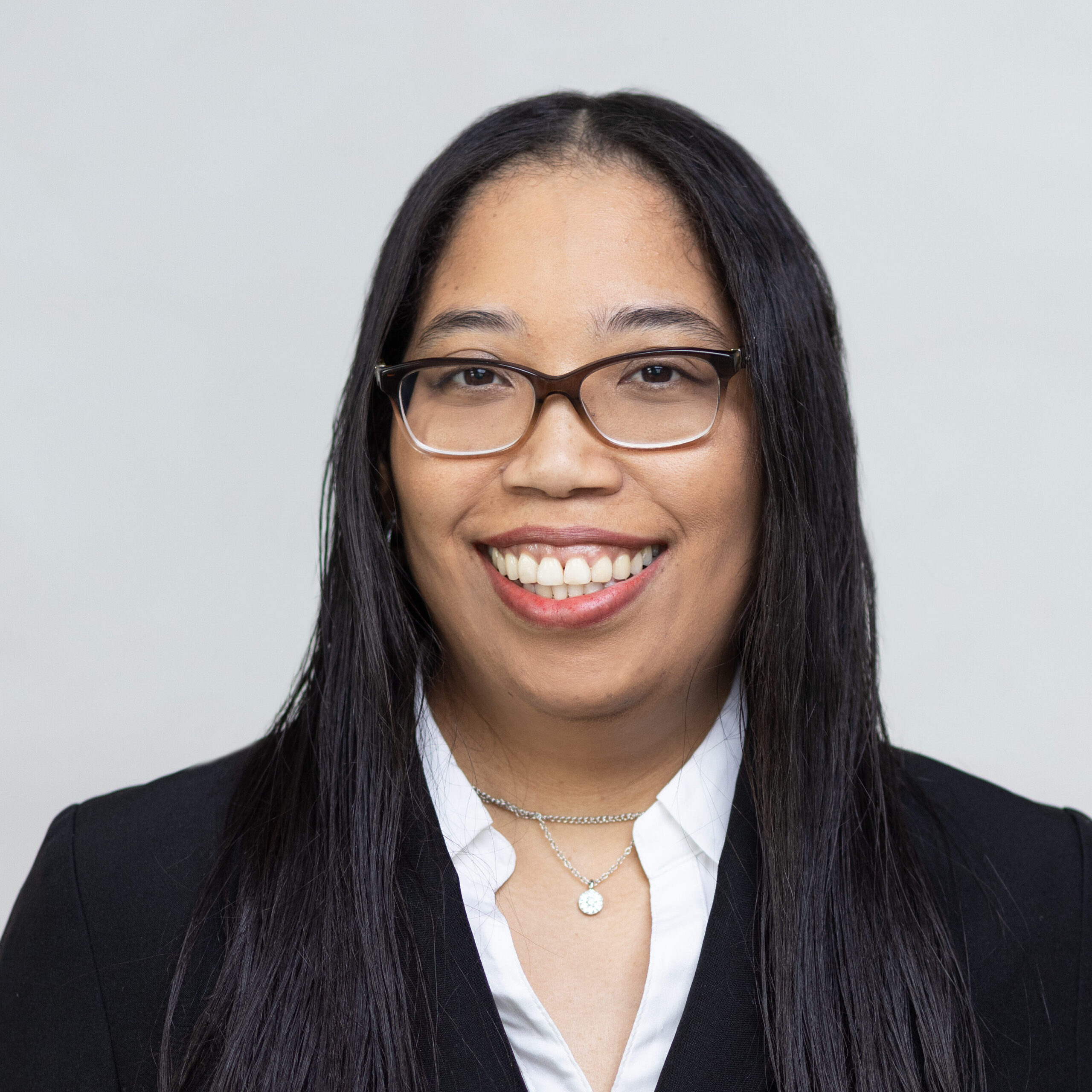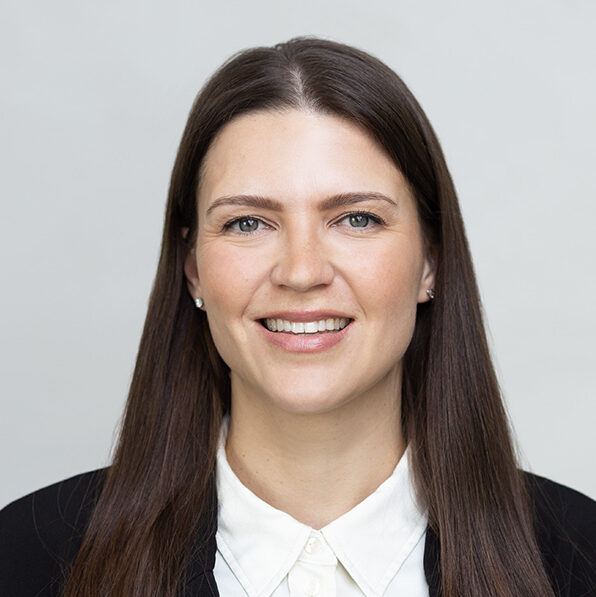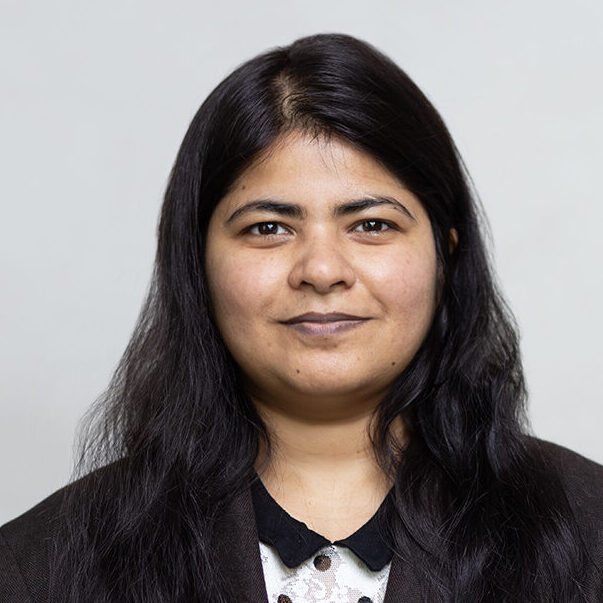
Here at our clinic, Well Said: Toronto Speech Therapy, you will find speech-language pathologists who practice speech therapy, as well as provide an impressive host of other services offered beyond what is advertised in our official title. The gap that exists between the clinic’s name and what our clients like to refer to us as, is interesting and nuanced – not surprisingly, as I am psycholinguist at heart.
1. Speech-Language Pathologist
It is a respected and regulated title, and also a mouthful. It is intended to communicate that we have a registration with an established professional body, which is a great thing. It showcases the words: speech and language, yet fails to mention social skills, communication skills, attention, memory, stuttering, accent cognitive skills, reading and writing. It also has the word, pathologist, which I wish that I could leave out. Certainly, not all of my clients have “pathologies” and those who do might prefer to distance themselves from a term more suited for a medical lab, rather than my office. As professionals trained in psychology and linguistics, I am surprised that we hold a professional title that, from a psycholinguistic standpoint, emphasizes disorder in our clients. Consider for example, how many people would feel comfortable working with a psychologist if they were called “mental pathologists”? As a dyadic team working together to develop applied skills, I feel the title Communication Specialist would be more appropriate in describing what we do. I digress; speech-language pathologist is one term that we are often referred to as.
2. Trainer: Speech Trainer, Voice Trainer, Accent Trainer. Social Skills Training Trainer?
Many clients call Elizabeth, Daniel and I their communication trainers. This informal title reminds me of a personal trainer helping people attain their best physical shape, and similarly, we mirror those efforts by helping our clients reach their communication goals. I think the term “trainer” is appropriate.
3. Coach: Speech Coach, Accent Coach, Voice Coach.
Voice clients consistently refer to us as their “voice teacher” or “voice coach.” Similar to the previous title, I welcome this reference as it emphasizes our supporting role in helping our clients become top communication performers while they do what they love.
4. Therapist: Speech Therapist, Social Skills Therapist, Voice Therapist.
Fluency, social skills, and cognitive communication clients often use the word “therapist”. This term makes sense given that a considerable amount of work is conversational, dyadic and interpersonally focused. However, this name triggers a small red flag. I’ve been indoctrinated to associate the word therapist with psychotherapy since my graduate school days. Sometimes I feel the need to gently change the standalone address: someone says “as my therapist” and I might reply “as your communication therapist” to resolve my internal discomfort, but I will resist that urge going forward. As a health and wellness professional, when a client feels that you are their therapist while practicing counseling responsibly and within our scope of practice, then you are, indeed, their therapist.
What not to call us?
5. Doctor of Speech
Whatever it is that you wish to call us (except Doctor – we are not doctors). Speech-language pathologists with a doctorate are not allowed to call themselves doctors in Ontario.
Whether it’s a speech or social or communication coach or therapist or teacher or trainer or tutor or instructor, it’s welcome as long as you feel inspired. And, to my fellow professionals, I advocate for continued mindfulness of the language that we use – including that language of our own professional title and how that might affect our clients.
MEET OUR TEAM
Comprehensive Speech Therapy Services for All Needs
Our passionate and dedicated team brings together a diverse range of skills and expertise to deliver exceptional results for adult speech, social, voice and communication treatment.












